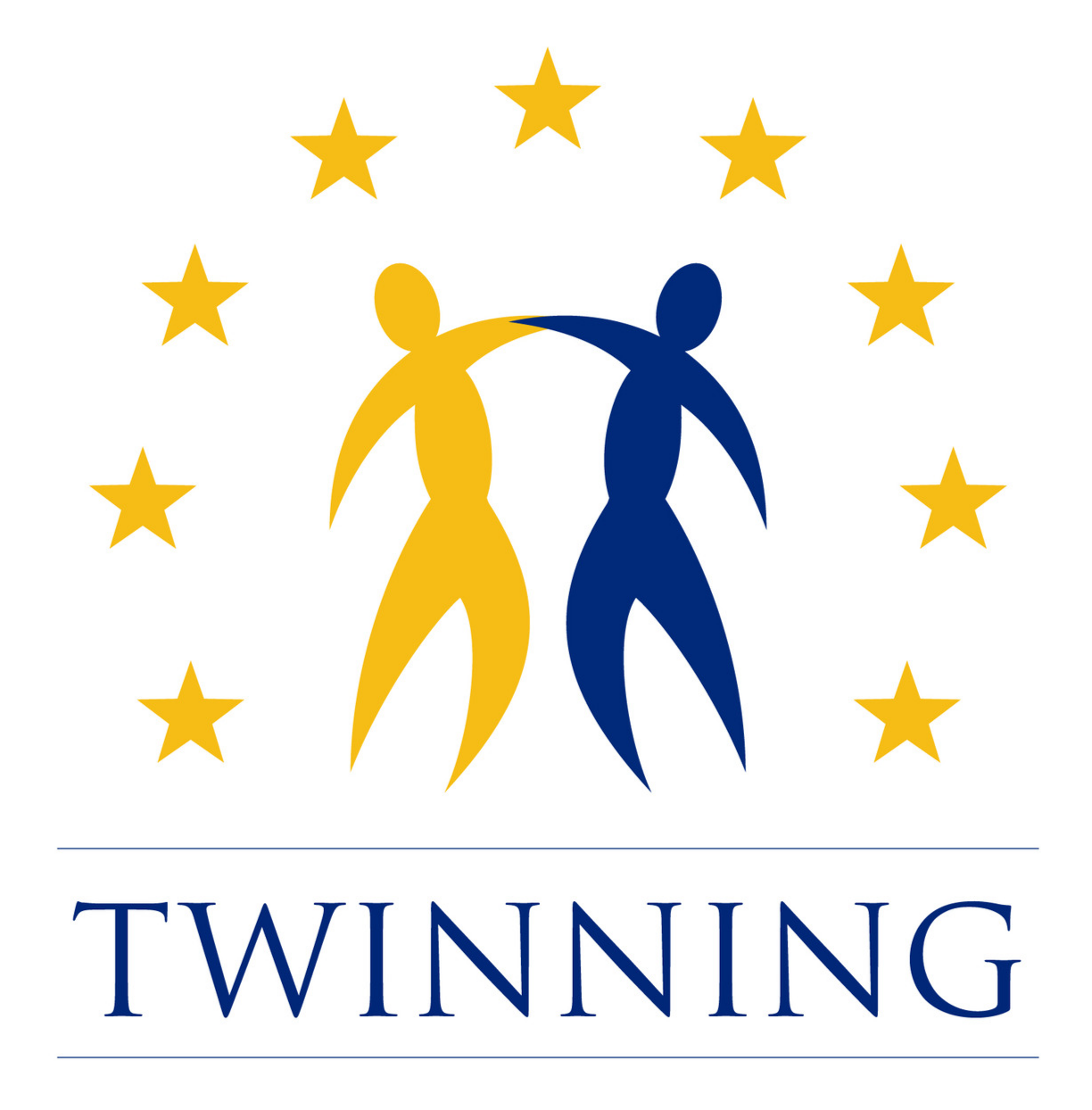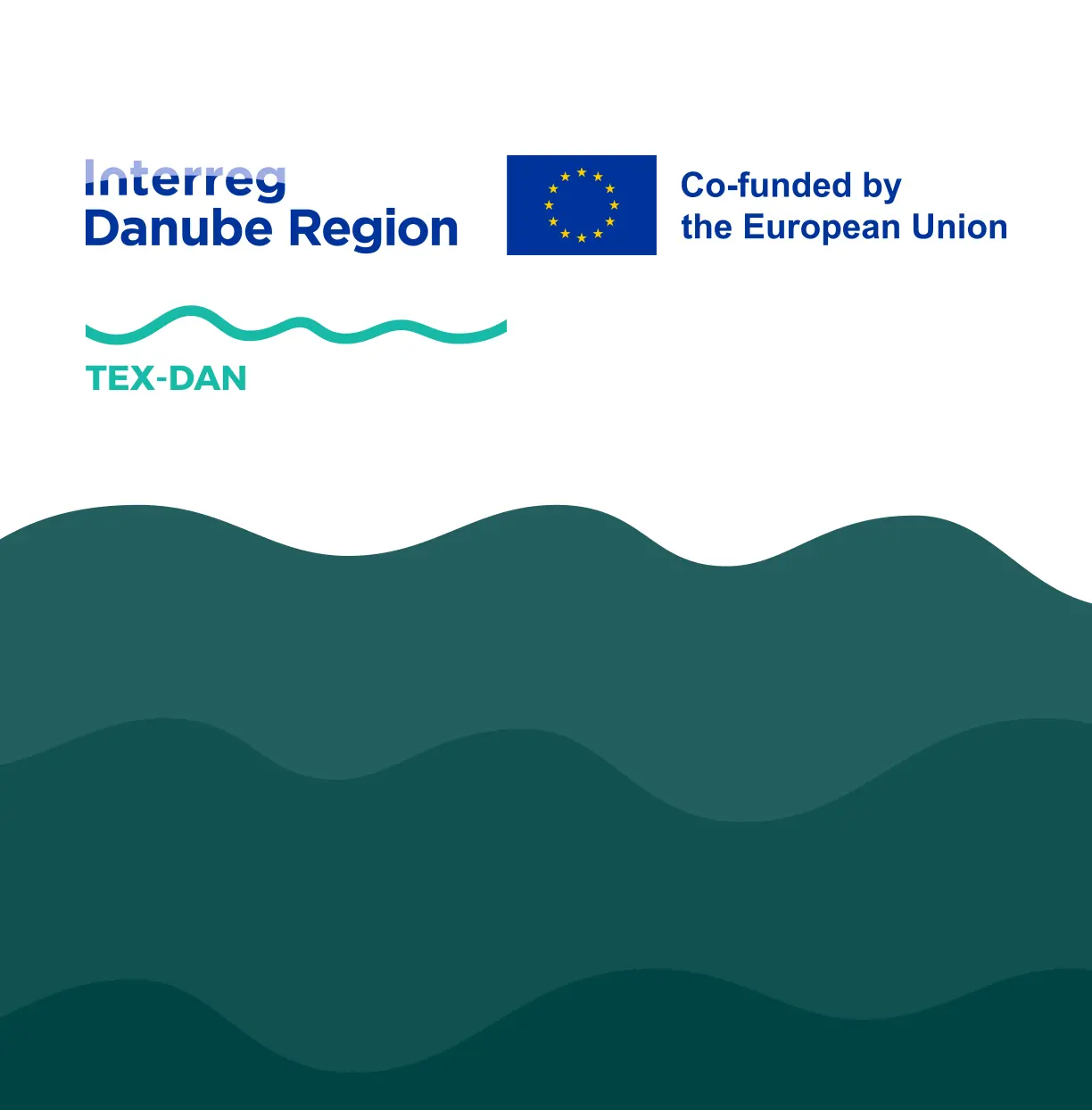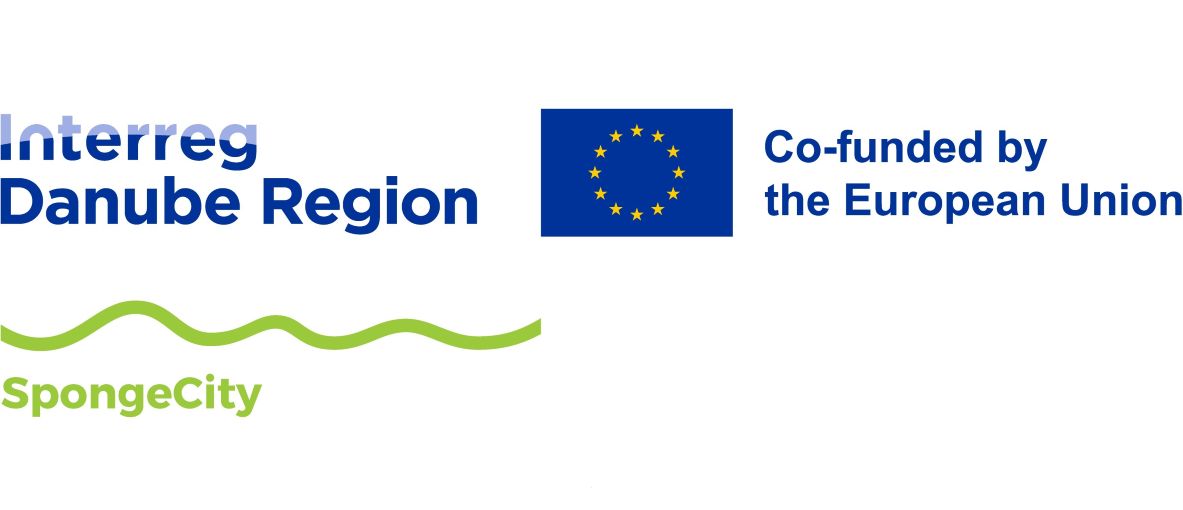Climate protection and sustainable development require complex academic knowledge, comprehensive practical experiences, and joint efforts. We are open to collaboration and happy to launch joint projects with national and international partners and work with research institutions to achieve our goals. Take a look at some of our joint projects, studies and research that have helped us achieve our sustainability and education goals.
Measuring Sustainability Transition
In cooperation with the Hungarian Academy of Sciences and based on the results of three Hungarian research organisations, we have developed an integrated methodology to measure the sustainability transition , which was announced at the World Science Forum 2024 in Budapest by János Áder, President of the Blue Planet Foundation. We are open to consulting about further methodology development, and we welcome your questions and suggestions to this email address.
Projects
LÁSZLÓ SITÁNYI, Operational and Project Director, initiates or supports international cooperation as a project manager or partner
Twinning Programme to develop waste management in North Macedonia 2023-2024
The Blue Planet Climate Protection Foundation was awarded a one-million-euro EU-funded Twinning project to develop waste management in North Macedonia. The call for proposals was launched by the European Commission to help the candidate country prepare for accession.
This is the first time that the Hungarian government has delegated project management of a European Union-funded twinning project in the field of circular economy.
During the programme, the Foundation’s staff, its foreign and domestic experts showcase the European best practices to the North Macedonian government, public administration, and major players in local waste management. The experts thoroughly examine the current situation, and based on the conclusions, design the most suitable, sustainable and efficiently operable waste management system for the beneficiary country. The two-year tasking launched in 2023 includes IT background development, elaboration of detailed money and material flow, the construction of legal, structural and operational mechanisms, and the preparation of procurement announcements.
As a result of the project, the Foundation laid the legal and technical basis for a functioning system and provided the tools to develop the necessary capacity in human resources.
The project’s overall goal was to create an efficient, effective, and accountable recycling sector in North Macedonia, in line with the principles of a circular economy.
EU Interreg Programmes
(2021-2027)
TEX-DAN – Circular economy in the textile and fashion value chains
The international project was launched in March 2024, focusing on reducing textile waste. Within the framework of TEX-DAN project, which is supported by the Danube Region Programme, the Blue Planet Climate Protection Foundation works with international partners to promote a circular economy in the textile and fashion industry value chains.
Fourteen partners from 11 countries and an additional seven associated partners participate in this cooperation, dealing with a long-standing challenge. The programme will identify regional challenges and good practices in the textile and fashion industry and develop solutions and pilot projects. The project’s primary goals are to apply circular solutions in textile and fashion value chains, modernise local, regional and national policies that promote circularity, and boost transnational cooperation and knowledge exchange. We aim to develop an open, transnational platform for cooperation involving key stakeholders of the Danube region. Our target groups and partners include SMEs whose main activities are design, production and recycling, regional development and innovation agencies, policymakers, textile associations and clusters.
Lead partner: South Transdanubian Regional Innovation Agency;
Duration: 30 months
SpongeCity
A sponge city is an urban area designed to cope with extreme rainfalls using various techniques. It mitigates or prevents urban floods by allowing the area to absorb water naturally. It reduces the extent of impermeable surfaces and increases the amount of absorbent land: green spaces, green walls, bioswales, inner-city lakes, rain gardens, and permeable pavements. Supplementing this approach with channelling and storage systems also helps to counter water shortages. The project analyses the hydroclimatic characteristics and water management practices of 12 pilot settlements, sets up a toolbox to support the planning of sponge city measures, tests and promotes the tools by participative elaboration of local action plans, feasibility studies, and demonstration investments. Partners mainstream the results to national and EU levels.
CIREVALC – Introduction of circular economic models in regional value chains in the food, catering and packaging sector
The project builds on existing micro-circular economy models in the food, catering, and packaging sectors in Hungary, Slovenia, Poland, Italy, Czech Republic, Croatia, Germany, Austria, and Slovakia. The models utilised by CIREVALC are applied across the entire value chain. There are 10-15 key stakeholders in every region in these countries who are committed to implementing the project. The stakeholders (companies and local communities) are open to sharing their good practices with other industrial actors and are also committed to further developing their concepts and practices. As regional catalysts, project partners are responsible for the solutions reaching the policy level and act as nodes for regional initiatives.
Lead partner: South Transdanubian Regional Innovation Agency;
Duration: 36 months
Research, Studies
To provide a solid basis for our activity, the Foundation carries out opinion polls, conducts scientifically relevant but accessible professional studies, and develops policy recommendations in climate protection and sustainability.
Together with our foreign and domestic partners, we made recommendations (among other things) on:
- the replenishment of Lake Velence
- reforming the environmental product charge system,
- the development of a deposit system,
- managing biodegradable waste,
- the development of an operational model for the Energy Efficiency Obligation Scheme.
We also
- analysed the possible methods of developing a deposit system for North Macedonia,
- presented the challenges of managing electronic waste
- modelled the impact of possible systemic solutions on the national economy.





